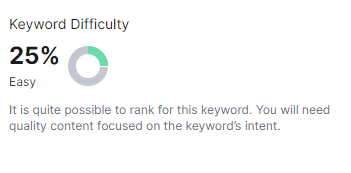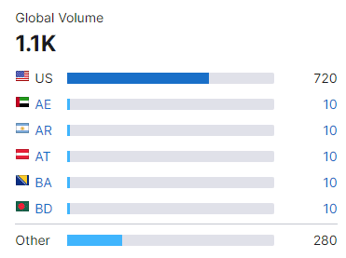Trials into Triumphs: How Addressing Traveler Pain Points Elevates Your Travel Blog
Traveling can be amazing, but let’s face it, it can be stressful! As a travel blogger, helping travelers with their problems is more than just providing solutions. By focusing on the challenges that travelers commonly face, you stand to gain significantly. Explore the advantages of making content about travel struggles that include boosting SEO, establishing trust, gaining authority, and making money with affiliate marketing.
1. Boosting SEO
Focusing on pain points does wonders for your blog’s search engine optimization (SEO). Travelers often search for solutions to their specific issues online, using detailed queries. By identifying and addressing these issues, you naturally incorporate these long-tail keywords into your content. Long-tail keywords are less competitive and more targeted, improving your chances of ranking higher in search results.
For example, someone looking to avoid the hassle of creating an itinerary for a day trip to Normandy from Paris will search day trip to normandy from paris. By creating this itinerary on your blog, you have naturally incorporated the long-tail keyword into the content of your blog. The search day trip to normandy from paris has a monthly search volume of 1100, and a difficulty level of only 25/100 according to SEMrush, meaning you have a better chance of ranking and gathering that volume.


In addition, Google prioritizes content that closely matches the user's search intent. By offering solutions to travelers' problems, your content directly aligns with what users are searching for, increasing your visibility in search results and driving targeted traffic to your blog. Good content helps both readers and search engines that prioritize user needs.
In the example of day trip to normandy from paris, the user's intent is informational. This means they are looking for information on transportation and logistics, activities, and advice and tips. By understanding that this is what users are searching for and adding this information to your content, Google will rank you higher than someone with the same keyword but without this information.
2. Establishing Trust
Having the trust of your audience is the key to a successful blog. When you address real issues and provide practical solutions, your readers see you as someone who has walked in their shoes and tackled the same obstacles. This relatability fosters trust. By providing valuable instruction, your audience will rely on your advice, return to your blog, share it with others, and engage more with your content.
For example, a blogger could create an article about how to keep young children entertained during long flights and provide specific solutions like games or activities. The detailed solutions offered are tested and practical, from the author's own experiences. This authenticity and usefulness will have readers returning for more advice for traveling with children and sharing it with others with kids.
3. Monetizing Through Affiliate Marketing
Affiliate marketing is an amazing revenue stream to have in your arsenal as a travel blogger. When you recommend things that readers want, your affiliate links benefit everyone involved. You are able to make money when your readers buy, and your readers are happy with a purchase from a trusted source.
Identify the problems faced by travelers. Provide recommendations to solve these problems. Transform your affiliate links into a valuable resource rather than just an advertisement. The more helpful the suggestion is for travelers, the higher the conversion rate will be, boosting your blog's earnings.
As an example, a common pain point travelers face is untrustworthy information. So, if someone is searching for a hotel, and they find your article that has photos, a first-hand description, and an honest review, they are much more likely to convert on your affiliate link than a site without this information.
4. Gaining Authority in Your Niche
When you’ve discovered a niche, focusing on travel pain points is sure to help solidify you as an authority with it. Every different type of traveler will face different issues based on their travel style.
By solving your readers' issues, you can become a trustworthy blogger who provides useful advice and solutions. This recognition can open doors to collaborations, sponsorships, and speaking engagements. When you help readers with their travel needs, they will rely on you for advice on traveling smarter. This can greatly enhance your reputation in blogging, search engines, and more.
Take a travel blogger who specializes in eco-friendly travel and addresses the growing concern among travelers about the environmental impact of travel. By providing actionable advice on minimizing carbon footprint, choosing eco-friendly accommodations, supporting local economies, and respecting wildlife and natural resources, the blogger becomes a trusted authority in sustainable travel. This causes readers, eco-conscious organizations, and travel companies to look to them for insights and partnerships.
Addressing traveler pain points in your blog posts is a strategy that benefits both your readers and your blogging career. It establishes trust, opens monetization opportunities, positions you as an authority, and improves your SEO. In the end, your blog becomes more than just a collection of travel stories—it becomes a dependable guide for travelers navigating the complexities of their journeys. As you continue to explore and write, remember that each pain point addressed is a step towards a more successful and impactful blogging experience.
Check out some common travel pain points in our post: A Blogger's Guide to Crafting Solutions to Common Travel Troubles



